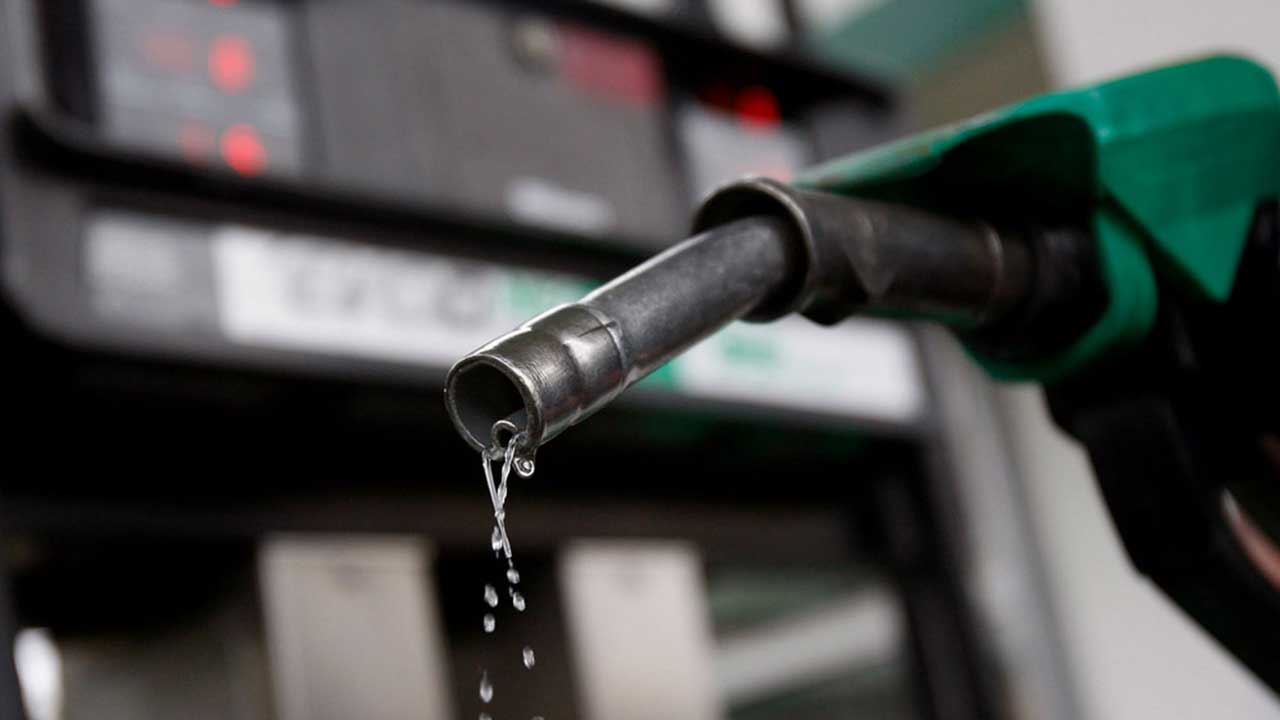The Federal Government has inaugurated a ‘Bipartite Plus Committee’ on the technical framework on the pricing of Premium Motor Spirit popularly known as petrol.
This is happening as the new price regime for PMS announced last week by the government, officially took off on Monday.
The inauguration was a sequel to the outcome of a series of bipartite meetings between the Federal Government and the Organized Labour represented by the Nigeria Labour Congress and the Trade Unions Congress to fashion out a framework to monitor and stabilise the petrol pump price.
The parley had agreed on December 8 to reduce the fuel pump price by N5 from N168 to N162.44 per litre with effect from December 14.
While inaugurating the committee on Monday, the Minister of Labour and Employment, Chris Ngige, said the government has not fixed the price of petrol, stressing that “it was a price reduction gotten from the commercials like demurrage, trans-shipment and living storage”.
He said further that the committee would be expected to do more to “entrench transparency in that area.”
According to the minister, the committee’s terms of reference include, to review the cost of supply and incidental costs and arrive at the basis of determining market reflective pump price cap under the template of the Petroleum Products Pricing Regulatory Agency Act; engage all relevant stakeholders to establish a price review framework and carry out any other assessment that will facilitate the work of the committee.
READ ALSO: Kyari restates commitment to Transparency, Bags Ethics, Compliance Award
Ngige stated, “The technical committee is expected to submit its report by Monday, 25th January 2021 in the first instance to our Main Committee just like the Electricity Tariff Technical Committee will do the same day. It is expected that the committee will work assiduously to come up with a viable framework for PMS price modulation.”
The members include Mr Onochie Anyaoku (Chairman) and the Secretary, Mr Lawal Musa from the Nigerian National Petroleum Corporation.
Others are Umar Ajiya also from the NNPC; Festus Osifo from the Petroleum and Natural Gas Senior Staff Association of Nigeria; Williams Akporehia from the National Union of Petroleum and Natural Gas Workers Saidu Abdullahi, (PPPRA); Ahmed Bobbi (Petroleum Equalization Fund); Ahmed Zakari (Special Assistant to the President on Infrastructure); Najeem Yasin and Nasirudeen Usman (NLC), and others.
Onochie said the committee would provide an evidence-based report to the government leaders to enable it to make informed decisions.
He stated, “The committee would make the job of data gathering, data analysis very easy for us so that we can make the right recommendations that will, in a nutshell, give clarity on the true cost drivers for PMS, the value destroyers in the supply chain and then for the overarching body to make the necessary decision as to how the prices can be modulated in a way that it does not penalize the consumer for the inefficiencies in the supply chain.”













